Your grandmother always said, "Slow down and eat your vegetables!" Well, maybe yours didn't, but Grandmother Treadaway always did. We should listen to her because both of these are great advice.
Eat more fiber.
I just counted, and this is the 14th article where I've mentioned the importance of fiber in fat loss diets, so hopefully, you know what I'm going to say but for those of you who are new to the Treadaway Training blog, here's the deal. Fiber is very filling.
What's the number one issue with sticking to a fat loss diet? Feeling hungry. If you're constantly hungry, you're going to have to use your willpower to resist the urge to eat. When your willpower reserves run out, the diet goes out the window. Eating more fiber will make you feel fuller faster, helping to solve this issue.
Eat more slowly.
Our stomachs have stretch receptors that tell the brain when we're full, but this process isn't instantaneous. (It takes about 20 minutes.) If you are eating too quickly, you can easily shovel in a few extra Calories before realizing you've had enough to eat.
In a University of Rhode Island study, researchers served 30 normal-weight women very large plates of pasta on two different occasions. [1] On one occasion, the women were told to eat as quickly as possible. On the other occasion, the women were told to eat slowly and to put their utensils down between bites. On both occasions, they were told to eat to until they were at a comfortable level of fullness.
When eating quickly, the women consumed an average of 646 Calories. When eating slowly, the women consumed 579 Calories, which is 67 fewer Calories than when eating quickly. That may not sound like a big deal but if you consume 67 extra Calories three times per day, that's an extra 1,407 Calories per week. That's about a half of a pound of fat loss you're missing out on each week! As if this wasn't enough, when the women ate more Calories in less time, they actually reported higher levels of hunger one-hour post-meal than when they ate more slowly.
In other words, when eating more slowly, they ate less and felt more satisfied.
Another great tip for slowing down your eating is to sit at the table and talk to your family and friends (as in look up from the smartphone and actually talk to them).
Drink More Water.
Remember those stretch receptors from before? Drinking more water also contributes to filling the stomach, helping you to feel full faster. (If you already figured that out based on what you learned about fiber, you get bonus points.) The University of Rhode Island also performed a variation of the study I just told you about, except the women drank the same set amount of water during both the fast and slow meal conditions. [2] In this study, the women actually consumed the same amount of Calories during the slow meal and the fast meal; however, they did still report being hungrier one hour after the fast meal so this strategy should be used in conjunction with eating more slowly rather than a replacement for it.
Takeaway
Always keep in mind, the number of Calories you consume in comparison to the number of Calories you Burn is the number one variable in weight loss. These strategies by themselves will not make you lose weight but they will help you to eat fewer Calories which will help you to lose weight.
If you are already adhering to a set Calorie intake, these strategies will help make sticking to that Calorie target a bit easier. This will conserve your willpower reserves, making it easier to stick to your fat loss diet until you hit your goal.
Here's a bonus tip for all of you who read until the end:
Eat more protein! Protein is also very filling and has another amazing benefit that is incredibly valuable for fat loss diets. You can read (or listen) about that by clicking here.
Thank you so much for reading! If you found this information helpful and think others will benefit from it as well, please give this article a share on social media. It helps us out more than you know. If you like what I have to say, sign up below to become a Treadaway Training insider and never miss a post or video. I will be back next week with another fat loss topic. As always, God bless you AND your family and I'll see you next week.
References:
[1] Andrade, A. M., Greene, G. W., Melanson, K. J. (2008) Eating slowly led to decreases in energy intake within meals in healthy women. Journal of the Academy of Nutrition and Dietetics, 108(7), 1186-1191. doi: 10.1016/j.jada.2008.04.026.
[2] Andrade, A. M., Kresge, D. L., ... Melanson, K. J. (2012) Does eating slowly influence appetite and energy intake when water intake is controlled? International Journal of Behavioral Nutrition and Physical Activity, https://doi.org/10.1186/1479-5868-9-135






